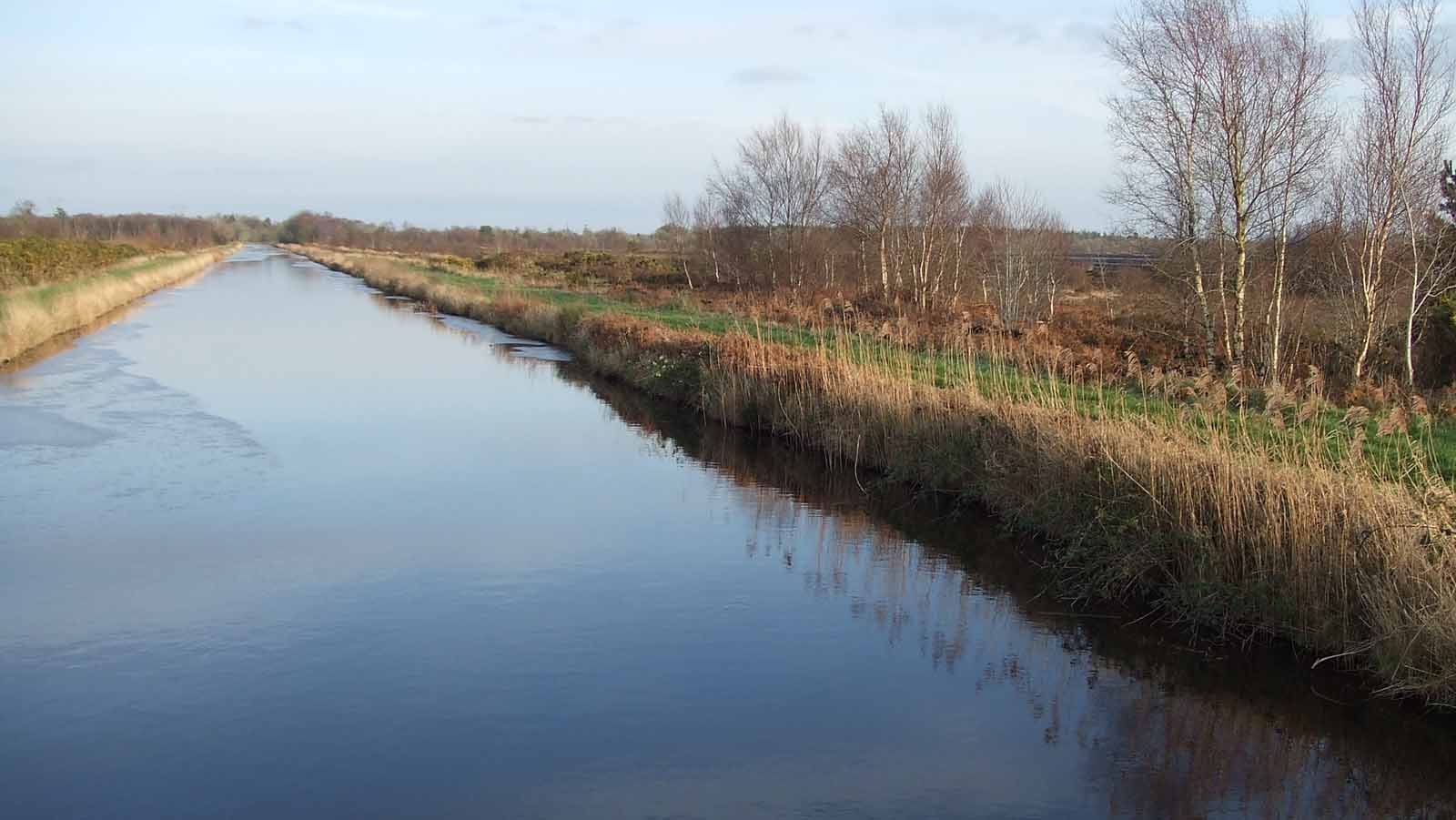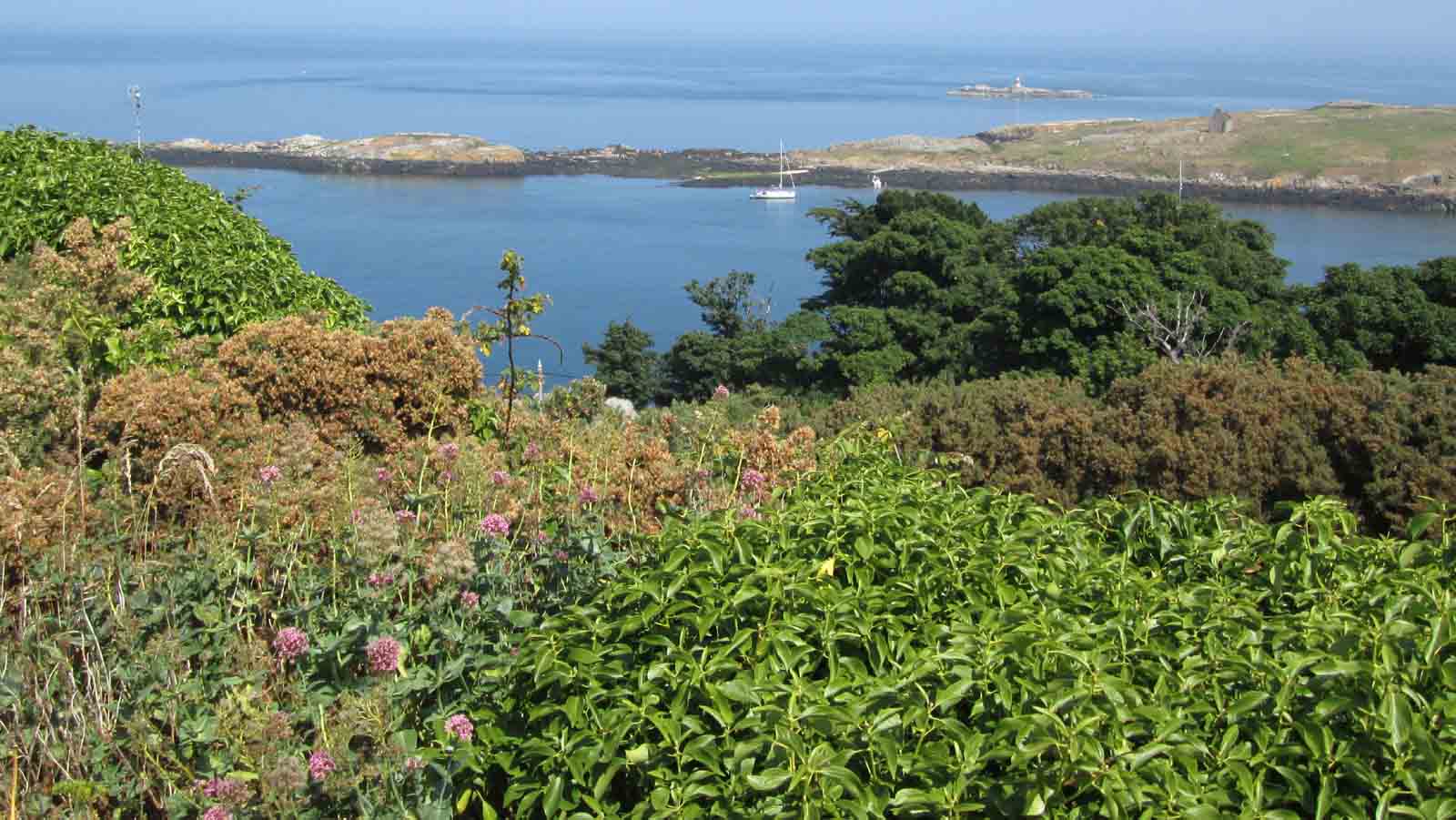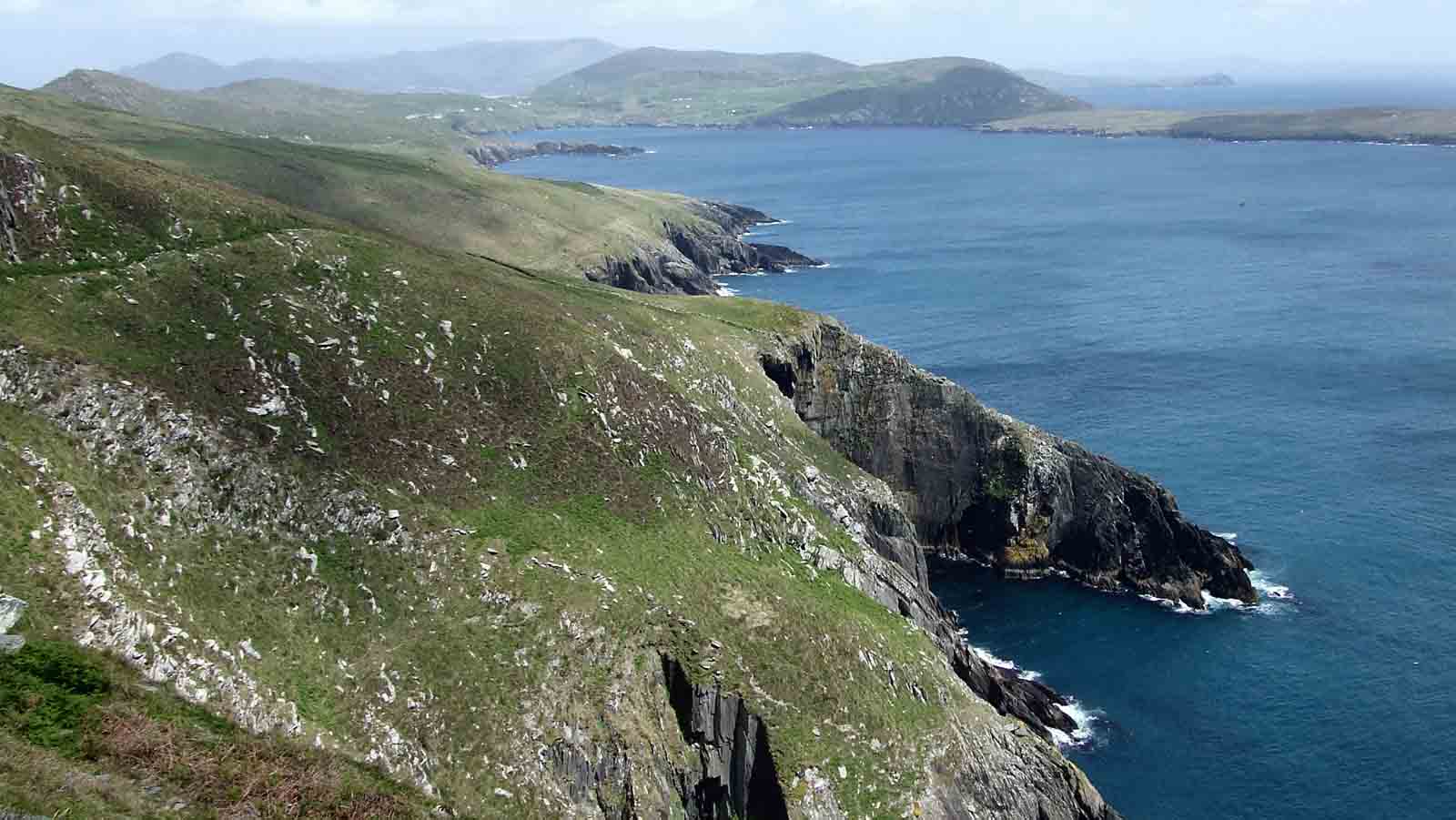Information for Visitors to Ireland
Ireland has adopted CEPT Recommendation T/R 61-01, which allows radio amateurs from certain countries (see below), who hold a ‘CEPT radio amateur licence’ and who are temporary visitors to Ireland, to operate without applying for a visitors licence.
The text of Recommendation T/R 61-01, which includes call sign prefixes to be used in visited countries and tables of equivalence between national licences and the CEPT licence, is available from the CEPT section of our Downloads Page.
The CEPT provisions apply only to temporary visitors. Long-stay visitors must apply for an EI licence in order to operate.
Visitors to Ireland should note:
- Licensed amateurs not holding a CEPT radio amateur licence will need to obtain a Temporary Visitors Permit from ComReg. Such Permits are issued on the strength of the visiting radio amateur’s home licence, and allows him or her to operate equipment in Ireland for a temporary period. An application form for a Visitors Temporary Licence can be downloaded from ComReg's Amateur Radio Information Pages.
- Visitors must comply with Irish amateur radio regulations (for example, as regards frequencies, power limits etc.). See the above link to the ComReg site for more information on the Irish regulations.
- As Morse Code is no longer a requirement in Ireland to operate on the HF bands, holders of Class 1 or Class 2 CEPT licences may operate on all bands (subject to the regulations mentioned above).
- Visitors operating under CEPT regulations should use their own call preceded by "EI/", followed by "/M" if operating from a vehicle. There is no requirement to use "/P" when operating portable in Ireland.









